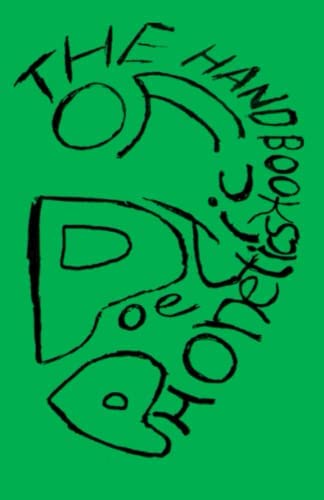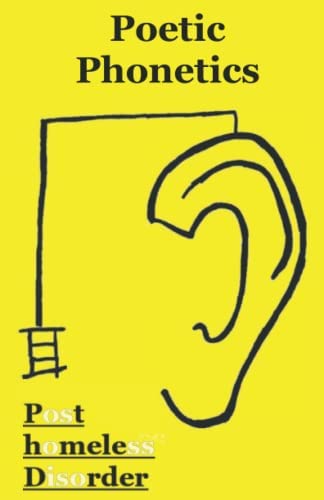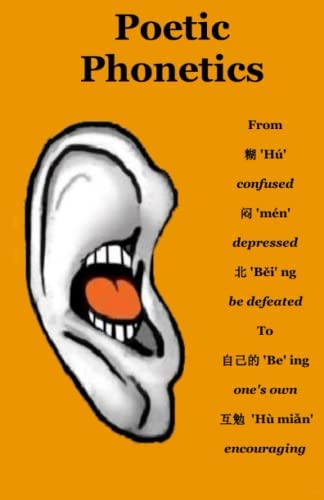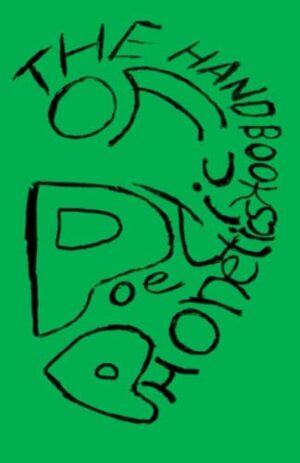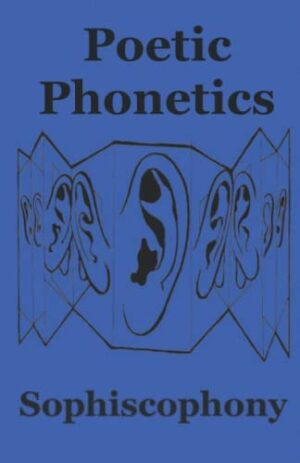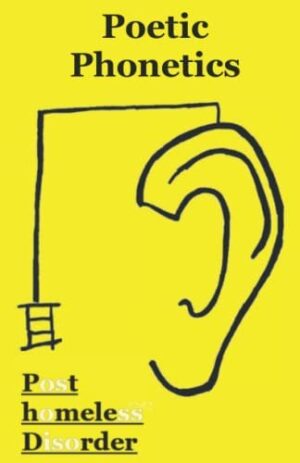The Poem at Planck’s Wall
every night I choose no lover
I choose born again
not the post modern judeo-christian
join the flock or be condemned
born again
more like the surrealistic embryonic pillows
propped up in dream time
by Grace Slick’s bustline
oh Music, where art thou?
casting aside burdens and dreams
easier said then breathing or being
what does it take to play the notes?
to fish through ears and bring soul home?
it may be a name
as Gregg and Duane have discovered
though tied to a whipping post
I’ve heard that All Man Brothers
A Twilight Archetype
Just to make sure we are all on the same page, an archetype is ‘a perfect example of something.’ Bootsy Collins has one of my favorite examples of the twilight archetype, expressed as the protagonist in his song “Fuzz Face” on the 1993 release Lord of the Harvest. In terms of duality, Bootsy lets the listener know right away what’s up. ‘Don’t treat your puppy like a dog, and don’t rub your kitten like a cat,’ which presents the imperative to limit your actions in accordance to your surroundings. As the term fuzz face implies, there is a a lack of definition, and the lyrics dance around the twilight. ‘Work my fingers to the bone. My speakers blown.’ Working because work is necessary, or to fix the blown speaker? Curiously, there are quite a few similarities between Bootsy’s “Fuzz Face,” and the Twenty One Pilots’ “Stressed Out.” Though Tyler Joseph names Blurryface as insecurity, that may be just the surface of the archetype of which he obviously has familiarity. The most direct comparison is between ‘we used to play pretend, wake up you need the money’ and ‘work my fingers to the bone.’ As the obvious correlation between work and life, each of these psy-almists believe that today’s definition of work doesn’t benefit the common person, as referenced by Tyler’s line ‘out of student loans and tree house homes, we all would take the latter.’ Further similarities exist in reference to rocket ships, blurry or fuzz face, youth vs responsibility and of course existential anguish, through the obvious regret of ‘adulting’ in “Stressed Out,” and in “Fuzz Face,” the accusing vocals ‘we trusted you captain.’ Between friends, it is interesting to convey certain ideas without language presenting them in proper context. That is the essence which makes music incredible as a symbolic language. As The Last Poets say, the ‘jazzoetry of poetry,’ which is an audible and visual collage of shared values, symbols and culture, historically built through geographical necessity, today through socio-economic needs and pressures. The evident shared symbols between these songs demonstrate a shared root of economic frustration. The suffering ‘hu,’ 糊, and depressed ‘men,’ 闷, have found resolution through the expression of their truth, and the ‘twilight’ archetypes these artists amplify.
Words From Other Writers:
Topaz’s book of poetry and musings arrived Saturday. I am blown away. I’ll wager you are too. He is a creative, amazing, poetic savant disguised as … What a wild outcome, eh? He has been to dark places but has turned his journey into something honest and insightful; feels real to me. The dedication to Sage was a hint at his essential goodness.
Mary Scheps – Author and Illustrator The Boy Who Loved Orange, Odam and the Ygdrassil
Topaz has explained to me there are those among us whose experiences have allowed them to see more. Instead of just the alphabet from, say, i – r, they also perceive a – h and s-z. In my opinion, his own work does this. His poems and essays let us glimpse sounds, shapes, connections, perceptions, and indeed, pain that exist across the complete alphabet, including the margins, the outer reaches.
~Lynn Miller – Seattle Public Library
| Weight | 0.150 kg |
|---|---|
| Format | Paperback, Audiobook |

